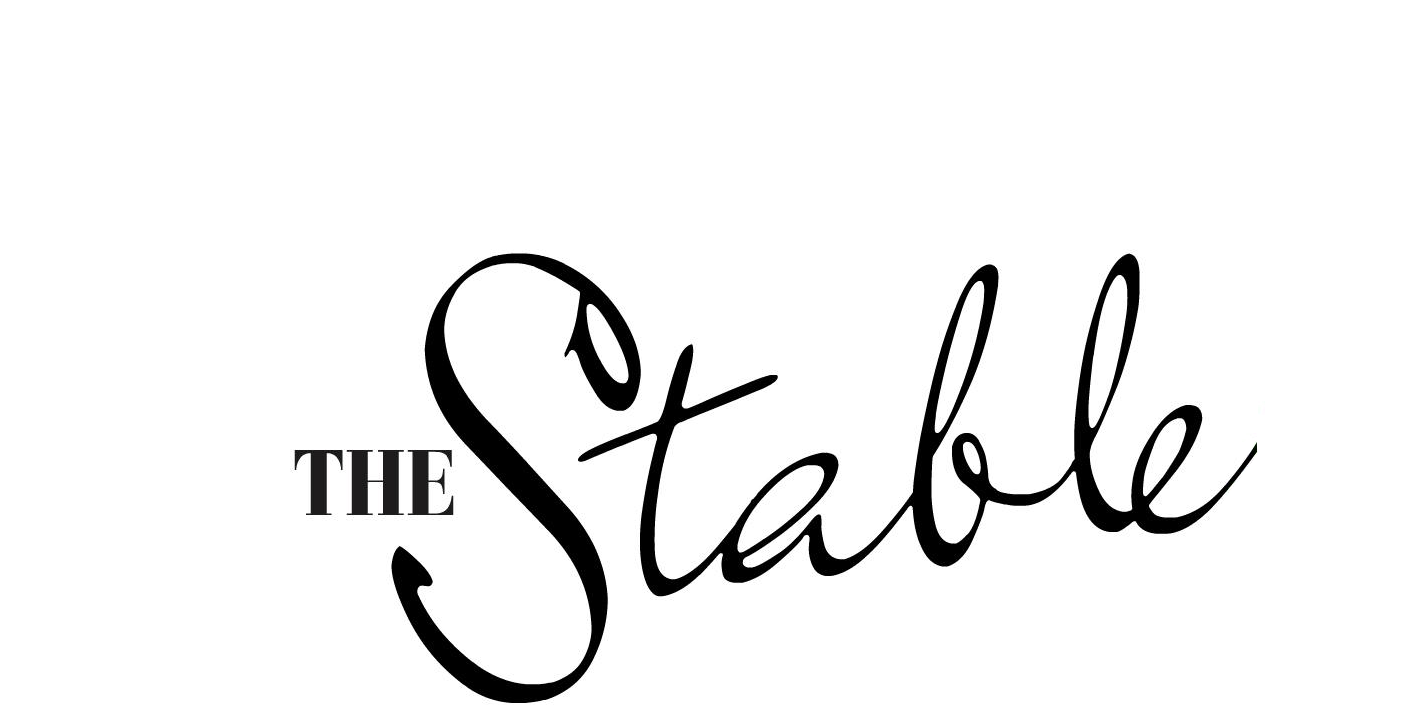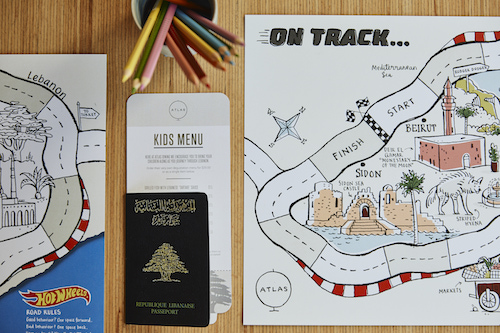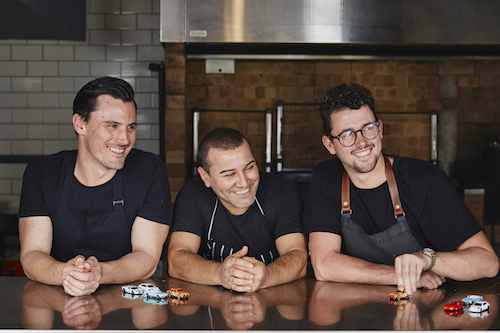Parents are busy. Children are busy. Life is busy. And everyone is glued to their screens. Yet it’s important that parents spend time with each other and with their children and the dining table is a wonderful opportunity to make that happen. Hot Wheels Research has discovered that Australia’s restaurant scene has a long way to go in making families feel welcome when eating in finer establishments.
Of the 98% of parents regularly eating out with their kids in Australia, only 5% feel comfortable eating at finer venues. Not only that, 65% of Australian parents would love to experience fine dining with their kids but are just a little unsure of how they’ll behave.
So Thinkerbell is helping Hot Wheels to appear On the Menu of some of Melbourne’s finest hatted restaurants to teach parents that there’s a better way to reward your kids for good table behaviour than via screen time.
Melbourne chef, Charlie Carrington, of Atlas Dining will offer a unique kid degustation menu, with a $3.50 Hot Wheels at the bottom. This will last for two weeks, before Coskun Uysal of Tulum will adopt the initiative. After Tulum’s two weeks, the toys will race to Guy Stanaway’s Rare Hare of Jackalope Hotel. The idea is that kids can order a Hot Wheels from each venue and unlock a beautifully designed Kat Chadwick placemat unique to each setting. Together, the Hot Wheels toy car and racetrack (table mat), which the children can colour, will become a fun way kids make their way through an entire restaurant sitting.
Jacinta Whitehead, marketing director of Mattel ANZ, commented, “For over 50 years Hot Wheels have been encouraging kids to ignite their challenger spirit through imaginative play. This year, Hot Wheels want to challenge parents to reward their kids with Hot Wheels instead of screens or other treats. As we are always challenging the norm, we wanted to do something completely out of the box. So, partnering with renowned chefs and putting Hot Wheels on unexpected menus was the perfect pairing.”
Ben Couzens, creative tinker at Thinkerbell, added, “Hot Wheels have always been great fun to play with and are also a great way to reward the kids. It’s much more fun and interactive watching them play with a car than a screen. We hope Hot Wheels ‘On the Menu’ helps parents realise that there is an alternative to shoving a screen in their kids’ face.”
l-r: Guy Stanaway (Rare Hare), Coskun Uysal (Tulum), Charlie Carrington (Atlas Dining)
Hot Wheels On the Menu will run in Atlas Dining between March 3 and March 17, Tulum from March 17 to March 31 and Rare Hare from March 31 until Easter. The idea will continue to be amplified via a strong PR campaign, radio spots and social activity – all to come.
Psychologist Jocelyn Brewer commented, “Children are constantly absorbing everything around them and mimicking both their peers’ and their parents’ behaviours as they learn. Introducing children to new foods and environments, like a variety of dining experiences from a young age can help build positive habits as they pick up on valuable social learnings and cues.
“While exposing children to new environments and contexts is valuable, it’s important we create realistic expectations and make it as fun and novel as possible. Engaging families and children with a range of activities and toys helps build family rituals and healthy social habits. Hot Wheels is a great example, as the cars are collectable, portable, they can help unlock imagination and creativity and spark interest across generations. They can also be a handy tool to start table talk as many parents will have their own memories of Hot Wheels growing up.”
HOT WHEELS RESEARCH STATS
Eating out in finer establishments with Kids
- 1-in-3 Australian parents (28%) report eating out with their kids each week.
- 98% of Australian parents report eating out with their kids 3-4 times per month.
- 2-in-3 (65%) Australian parents say if there were no barriers, they’d take their children to a fine dining experience with them.
- Australian Dads are more likely than Mums to report a desire to experience fine dining with their kids (72% compared to 59%).
Feelings towards eating with children in fine dining establishments
- Less than 1-in-5 parents say a fine-dining experience would make them feel relaxed (18%).
- Gen Z families that are the most comfortable when it comes to taking their young kids to fine dining restaurants, with 33 per cent saying they’d take kids 3-5 years old and 30 per cent saying they’d take kids under 2 years old, however 10% say they haven’t felt comfortable as yet.
- Mums are more likely than Dads to feel anxious about how their kids would behave (45% compared to 27%).
- 4-in-10 parents would feel insecure due to other patrons and conscious of those around them.
Rewarding children for good behaviour
- 9-in-10 Australian parents say they would treat their children as a reward for good behaviour.
- Eight in ten (84%) parents with children aged 3-12 do reward their children for good behaviour while eating out at a restaurant.
- Of those who said they would treat their children as a reward for good behaviour, they are most likely to do so when they tidy up their room / toys.
- Australian Mums are 10% more likely to treat their children when they behave well at the supermarket or out shopping. Whereas Australian Dads are more likely to treat their kids when they do their homework (55% compared to 38%).
- Gen Z families that are the most comfortable when it comes to taking their young kids to fine dining restaurants, with 33 per cent saying they’d take kids 3-5 years old and 30 per cent saying they’d take kids under 2 years old, however 10% say they haven’t felt comfortable as yet.
- Of those that would treat their children as a reward for good behaviour, parents of children aged 3-5 are more likely than those aged 9-12 to treat their children when they have eaten all their dinner (3-5 years 50% compared to 9-12 years 38%) and when they behave while at the supermarket or out shopping (3-5 years 53% compared to 9-12 years 43%), while parents of children of a school-going age are more likely to treat their children when they do their homework (9-12 years 55% and 6-8 years 51% compared to 3-5 years 38%).
Effective Rewards
- Of those parents of children aged 3-12 who would reward their children for good behaviour on a day-to-day basis, buying them a toy or collectible toys that are part of a set (37%) is said to be the most effective solution in rewarding/ incentivising their young children for good behaviour.
- Rewarding them with sweet treats (35%) and giving them additional screen time (31%) is also reported as the most effective.


















